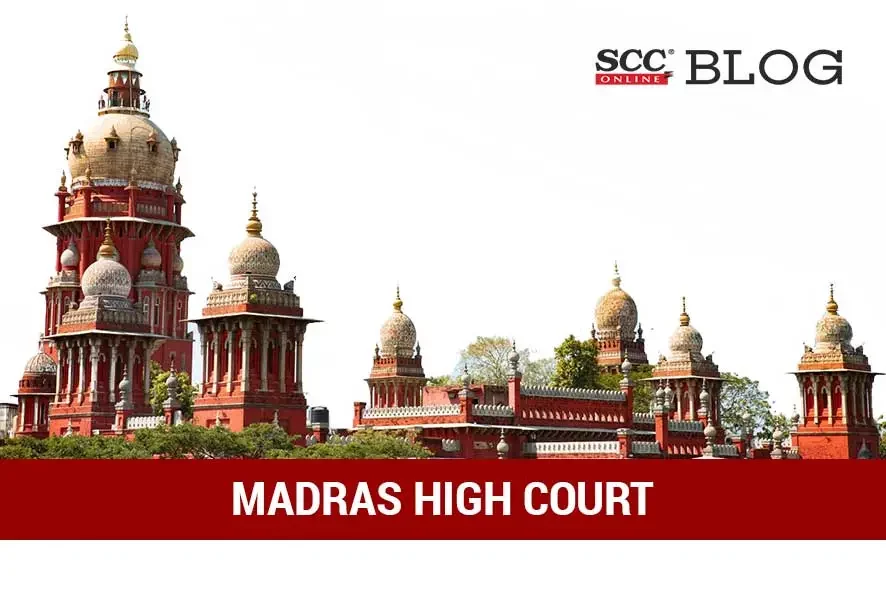Madras High Court: In an application filed by Tamil Nadu Electricity, Prohibition and Excise Minister V Senthil Balaji, to grant an order of ad interim injunction restraining Savukku Shankar from making any defamatory and scandalous statements and videos against Senthil Balaji, K. Kumaresh Babu, J. refused to grant interim injunction, as sufficient damage had already been caused and there would be no purpose in directing Savukku to delete the videos and tweets uploaded on YouTube and Twitter against Senthil Balaji. Thus, the Court rejected the present application and vacated the interim order dated 23-08-2022.
The Court said that it is true that the right to freedom of speech as enshrined in Article 19(1)(a) cannot be usurped to damage the reputation of an individual. Reputation of an individual had been traced to Article 21 of the Constitution of India. But, however, considering the fact that Senthil Balaji is a public person, the YouTube videos and tweets only make various allegations against Senthil Balaji in performance of his official duties. Further, most of the statements are already available in public domain.
Placing reliance on R. Rajagopal v. State of T.N., (1994) 6 SCC 632, the Court viewed that there cannot be any injunction as prayed for against Savukku.
As regards the application for direction of removal tweets, the Court noted that the tweets and YouTube videos have been uploaded by Savukku and had been viewed by the public at large, which only would presuppose that the damage had already taken place. Thus, after placing reliance on Khushwant Singh v. Maneka Gandhi, 2001 SCC OnLine Del 1030, the Court said that as sufficient damage had already been caused and there would be no purpose in directing Savukku to delete the videos & tweets uploaded on YouTube and Twitter against Senthil Balaji.
Further, the direction also involved removal of videos uploaded on YouTube and twitter, which are made on third-party websites. The respective aggregations of the platforms such as YouTube, Twitter and Facebook must be made as parties for giving such directions.
[Senthil Balaji v A Shankar, 2023 SCC OnLine Mad 4002, decided on 16-06-2023]
Also read:







